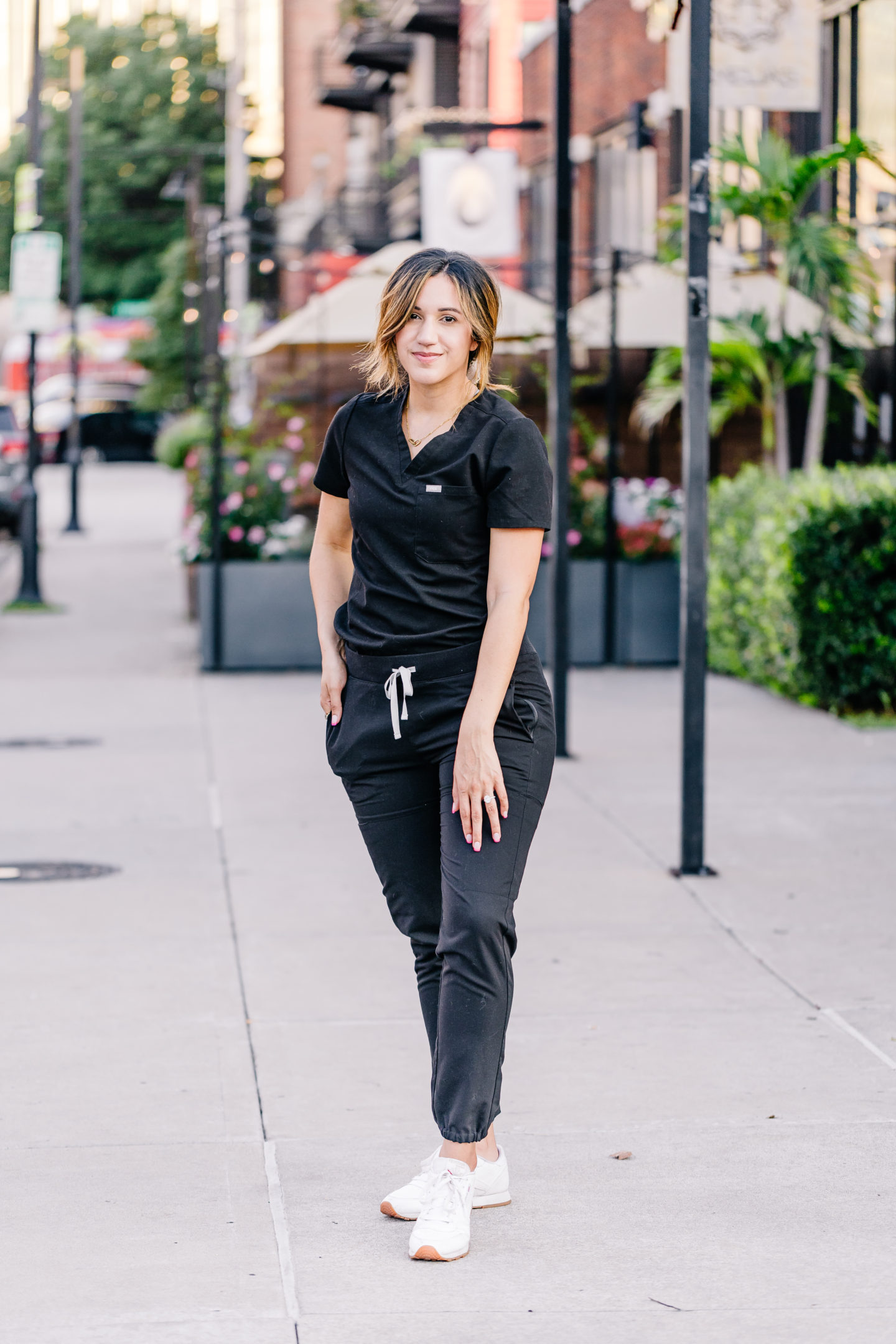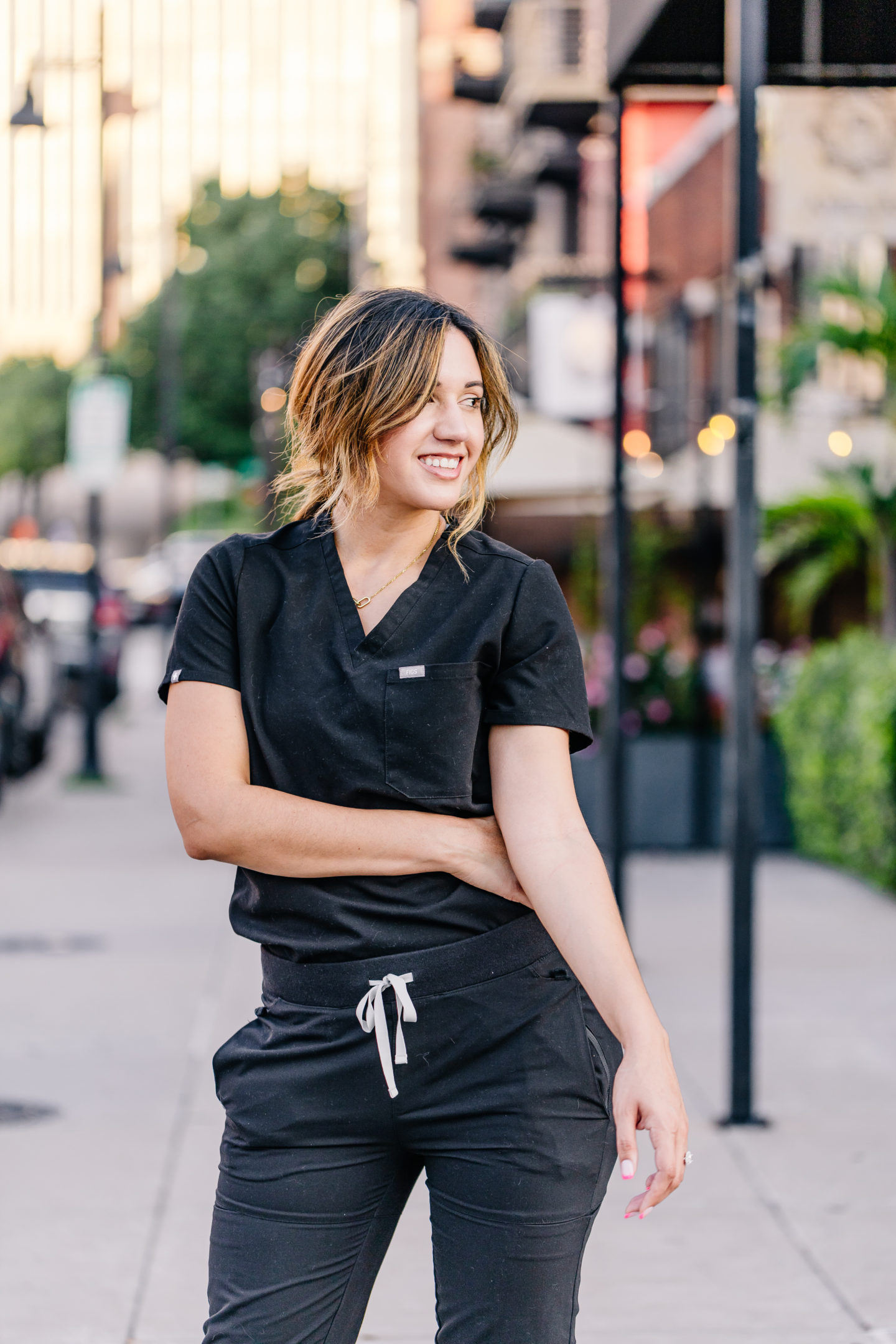By far one of the most common questions I hear from patients, in my DMs and personal friends is “Am I the only one? I just need to get over this hump. I’m being weak. It’s just a phase. I need to figure this out on my own.” So, I’ll tell you what I tell them… You are not alone. It’s my mission to bring light to these topics. To openly talk about them, in order to break the stigma and shame around depression.
Una de las preguntas más comunes que escucho de mis pacientes, en mis DM y entre amigas personales es “¿Soy la única?.” “Estoy siendo débil.” “Es solo una fase.” “Necesito resolver esto por mi cuenta”. Entonces, te diré lo que le digo a mis pacientes… No estás sola. Mi misión es dar luz sobre estos temas. Hablar abiertamente sobre ellos, para romper el estigma y la vergüenza en torno a la depresión.
+ the basics
Postpartum depression (PPD) is depression that women can get after having a baby. Usually within one month after giving birth, but it can be up to 12 months before a woman starts having symptoms.
+ the symptoms
Remember that some of these symptoms might also be caused by the stress of taking care of a newborn, so it may be normal for some. But these include: sleep too much or too little, feel tired/lack of energy, changes to your appetite, weight and desire to have sex. But women with PPD might not be able to sleep even when their babies sleep. Or they might have so little energy that they cannot get out of bed for hours. They might also feel anxious, irritable and angry, guilty, overwhelmed, unable to care for their baby or like a failure as a mother.
+ the treatment
There are two main treatments. Therapy (provided by a psychiatrist, psychologist, nurse or social worker)–I cannot recommend this enough. I honestly believe every one would benefit from a therapist, just talking through your life, challenges, problems etc with someone is so freeing. I know I feel so much better when I’m able to honestly share my fears, my past, my struggles with my close friends. The other main treatment is medicines to relieve depression–this might look different from everyone. It’s not one pill treats all. Talk to your provider, find what treatment works best for you! So, I encourage you. Hang in there, you are not alone. You do not have to do this alone. Find a support group. Talk to someone. It takes a village.
+ lo basico
La depresión posparto (PPD) es la depresión que las mujeres pueden tener después de tener un bebé. Por lo general, dentro de un mes después de dar a luz, pero pueden pasar hasta 12 meses antes de que una mujer comience a tener síntomas.
+ los sintomas
Recuerda que algunos de estos síntomas también pueden ser causados por el estrés de cuidar a un recién nacido, por lo que puede ser normal para algunas. Pero estos incluyen: dormir demasiado o muy poco, sentirse cansado / falta de energía, cambios en su apetito, peso y deseo de tener relaciones sexuales. No poder dormir incluso cuando sus bebés duermen. O pueden tener tan poca energía que no pueden levantarse de la cama por horas. También pueden sentirse ansiosas, irritables y enojadas, culpables, abrumadas, incapaces de cuidar a su bebé o como un fracaso como madre.
+ los tratamientos
Hay dos tratamientos principales. Terapia (proporcionada por un psiquiatra, psicólogo, enfermera o trabajador social): no puedo recomendar esto lo suficiente. Sinceramente, creo que todos se beneficiarían de un terapeuta, solo hablar de su vida, desafíos, problemas, etc. con alguien es muy liberante. Sé que me siento mucho mejor cuando puedo compartir honestamente mis miedos, mi pasado, mis luchas con mis amigos cercanos. El otro tratamiento principal son los medicamentos para aliviar la depresión, que pueden ser diferentes para todas. No es una pastilla que lo trata todo. ¡Habla con tu proveedor y descubre qué tratamiento funciona mejor para ti! Entonces, te animo. Aguanta, no estás sola. No tienes que hacer esto sola. Encuentra un grupo de apoyo. Habla con alguien. Se necesita un pueblo!
WHAT ARE YOUR THOUGHTS? // QUE PIENSAS?

